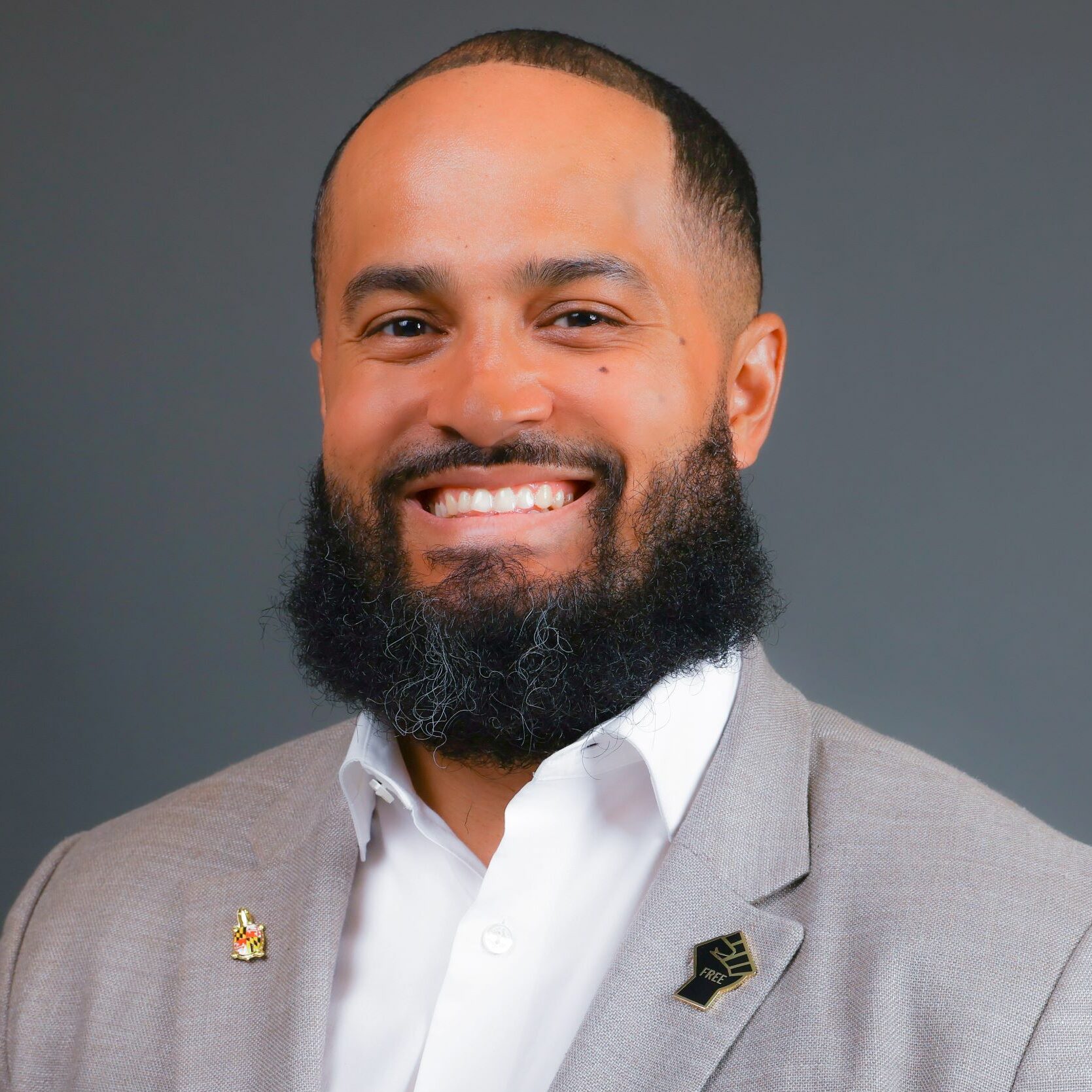Speaker Series: Demar F. Lewis IV

The senseless murders of Breonna Taylor, George Floyd, and countless other Black Americans in 2020 brought unprecedented and polarized attention to the mandate to “defund the police.” Despite the centrality of this debate to discussions of community safety in recent years, few studies document the nuanced perspectives that undergird Black Americans’ evaluations of this mandate. Drawing on interviews and surveys with an age-diverse sample of 83 Black people living in Cincinnati, Ohio, this article shows that there are generational differences in participants’ evaluations of “defunding the police” as an outcome or process of change that do not neatly transfer to universal support or opposition for the mandate. While respondents of all ages generally agree that policing is needed to co-produce safety in Black communities, Demar F. Lewis finds that they also believe that policing’s operational structure and daily practices must evolve to better meet unmet local needs, supporting calls for institutional divestment.
To register for the event, or to access the related paper draft, contact Sophie Kofman at skofman@abfn.org.
______________________________________________________________________________________________________________________
Demar F. Lewis IV is an Assistant Professor of Criminology and Criminal Justice at the University of Maryland and an affiliate faculty member in the Department of African American and Africana Studies. Lewis is also an affiliate faculty member in the Department of African American Studies. He is a sociologist and critical criminologist trained in Black Studies and public policy whose research examines how historical and contemporary notions of safety influence the ways that Black people organize their lives. This has led Lewis to develop multiple research studies to advance understandings of how racial violence, police violence, and resource deprivation influence perceptions of safety in the United States.
His current projects examine (1) the influence of gentrification and resource deprivation on policing practices and Black Americans’ perceptions of community safety in Cincinnati, (2) the evolution of the “defund” mandate in U.S. politics, (3) the health consequences of carceral violence and racism in the U.S., and (4) the causes and consequences of U.S. lynchings. To pursue his research agenda, Lewis uses historical methods, qualitative interviews, statistical analyses, and computational methods.

